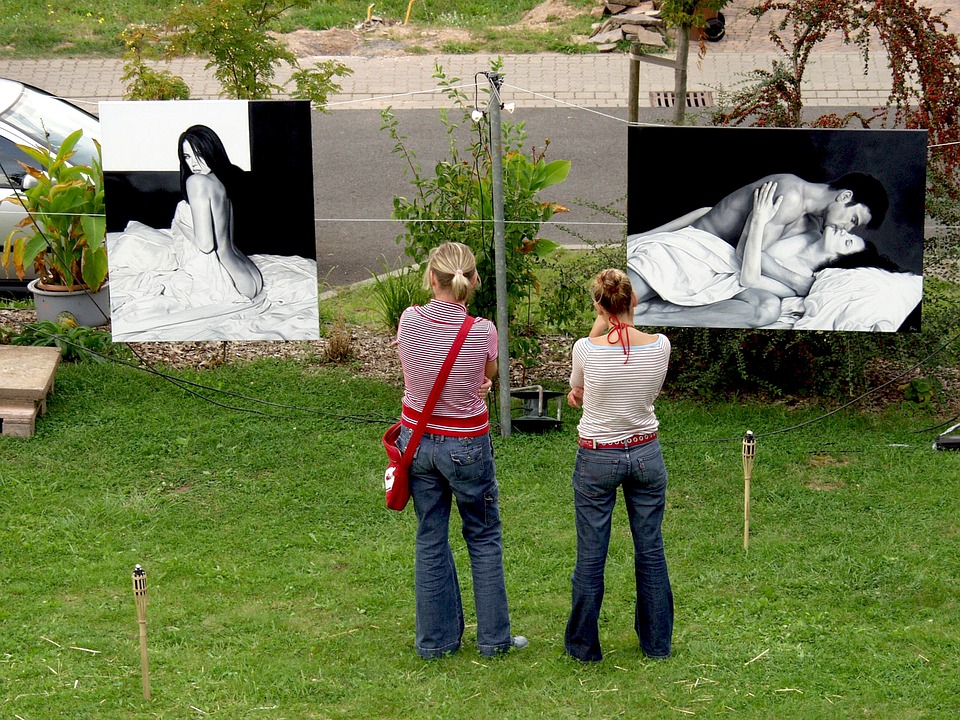Introduction
The Cannes Film Festival is one of the most prestigious and glamorous events in the film industry. Held annually in Cannes, France, the festival showcases a diverse range of films from around the world. From independent arthouse flicks to big-budget blockbusters, Cannes offers a platform for filmmakers to showcase their work to a global audience. In this article, we will explore the diversity of films showcased at the Cannes Film Festival and delve into some of the most memorable screenings throughout its history.
International Cinema
The Cannes Film Festival is renowned for its celebration of international cinema. Filmmakers from all corners of the globe come together to showcase their work, offering audiences a glimpse into different cultures, traditions, and perspectives. From French New Wave classics to Japanese anime, Cannes is a melting pot of cinematic creativity.
One of the most notable international films showcased at Cannes in recent years is Bong Joon-ho’s “Parasite”. The South Korean film made history in 2019 by becoming the first non-English language film to win the Palme d’Or, the festival’s top prize. “Parasite” received critical acclaim for its sharp social commentary and masterful storytelling, solidifying Bong Joon-ho as one of the most talented filmmakers in the industry.
European Cinema
European cinema has a strong presence at the Cannes Film Festival, with filmmakers from countries such as France, Italy, and Spain showcasing their work on the prestigious stage. European films often explore complex themes such as politics, identity, and history, offering audiences a deeper understanding of the continent’s diverse cultures and traditions.
One of the most iconic European films showcased at Cannes is Federico Fellini’s “La Dolce Vita”. The Italian masterpiece premiered at the festival in 1960, winning the Palme d’Or and cementing Fellini’s status as one of the greatest directors in cinema history. “La Dolce Vita” explores the decadence and glamour of 1960s Rome, capturing the essence of a changing society with breathtaking cinematography and unforgettable characters.
Independent Cinema
Cannes Film Festival is also known for its support of independent cinema, showcasing films that push boundaries and challenge traditional storytelling conventions. Independent filmmakers from around the world flock to Cannes in hopes of finding a platform for their work, often leading to unexpected discoveries and breakthrough performances.
One of the most groundbreaking independent films showcased at Cannes is Andrea Arnold’s “Fish Tank”. The British drama premiered at the festival in 2009, receiving critical acclaim for its raw and unflinching portrayal of adolescence. “Fish Tank” follows the story of a troubled teenager living in a council estate in London, offering a poignant reflection on social inequality and the struggles of modern youth.
Documentary Cinema
The Cannes Film Festival also showcases a diverse range of documentary films, offering audiences a glimpse into real-life stories and social issues from around the world. Documentaries often shed light on important topics such as environment, politics, and human rights, serving as a powerful tool for social change and activism.
One of the most impactful documentary films showcased at Cannes is Joshua Oppenheimer’s “The Act of Killing”. The Danish documentary premiered at the festival in 2012, receiving widespread acclaim for its bold and disturbing portrayal of the Indonesian genocide of 1965. “The Act of Killing” follows former death squad leaders as they reenact their crimes on camera, confronting the horrors of their past and questioning the nature of violence and power.
Conclusion
The Cannes Film Festival is a celebration of diversity and creativity in the world of cinema. From international blockbusters to independent arthouse flicks, Cannes offers a platform for filmmakers to showcase their work to a global audience. By exploring the diverse range of films showcased at Cannes, audiences can gain a deeper appreciation of the art of filmmaking and the power of storytelling to inspire, provoke, and entertain.



